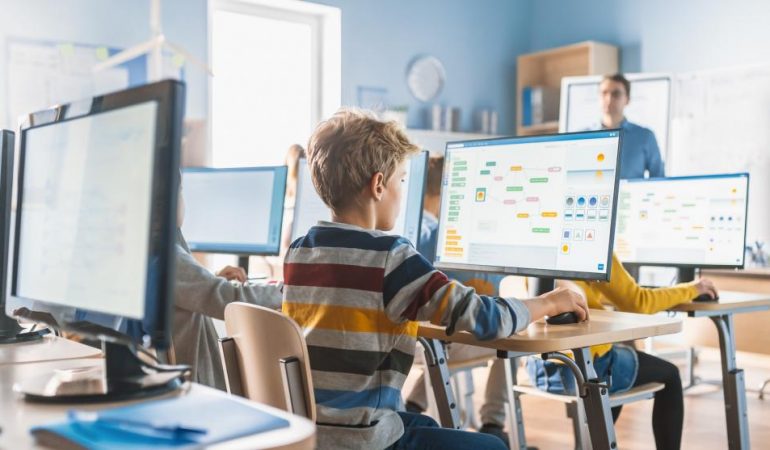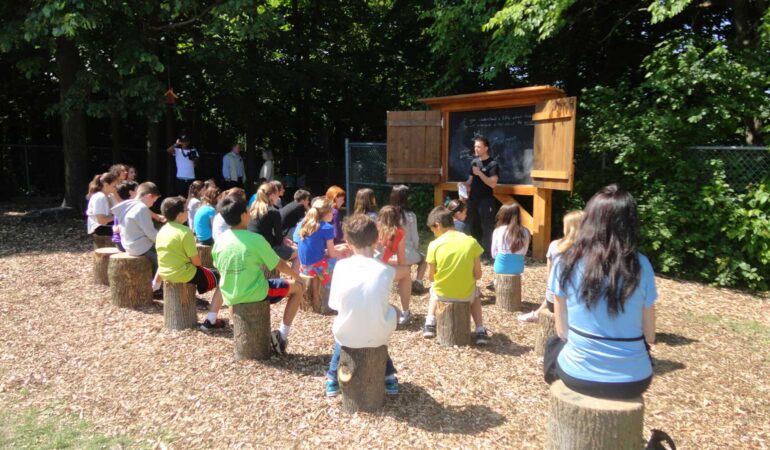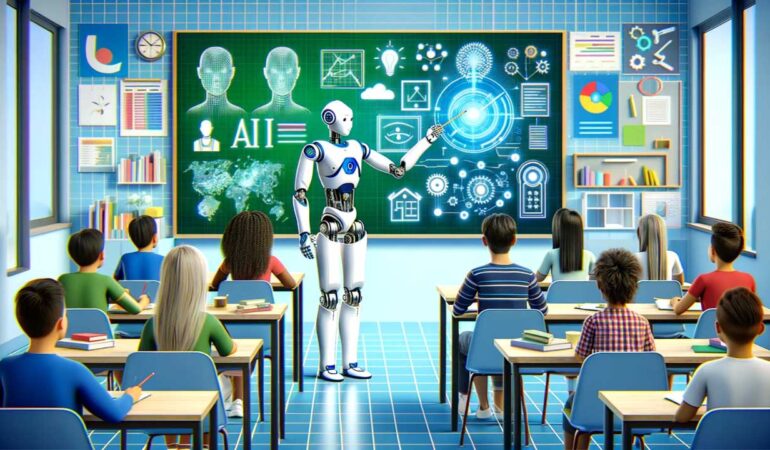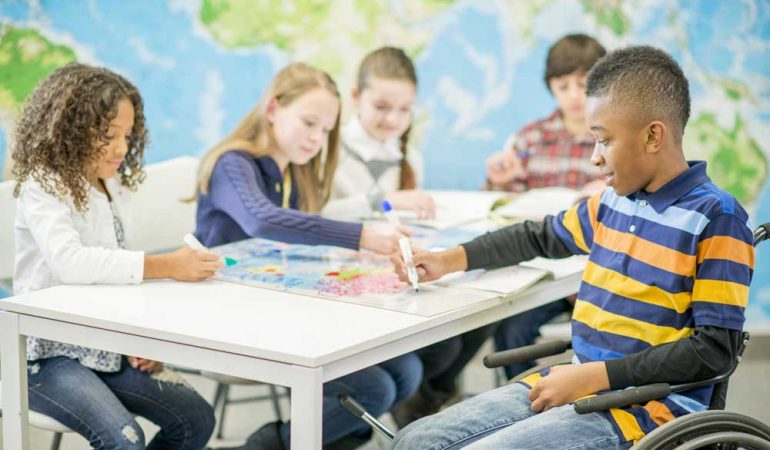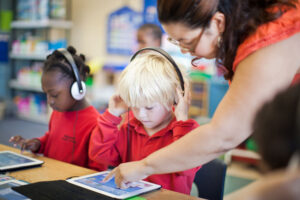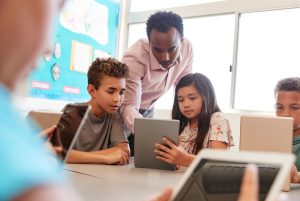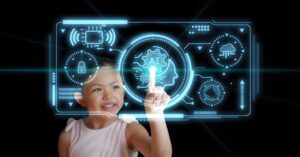Cultural Heritage: Istanbul
We aim to develop a deep appreciation of cultural heritage among Europeans and foster a sense of common identity. Consistent with the European Union’s unwavering commitment to cultural heritage, this program places a strong emphasis on the importance of protecting, promoting and sustainably using our cultural treasures. Recognizing that cultural heritage is a unifying force for Europe, the EU celebrates the vibrant mosaic of cultural diversity that shapes our collective identity.
At its core, this course aims to contribute to the European ideal in which diverse areas of culture, art and cultural heritage play a central role in promoting true openness and protecting fundamental rights. Our vision embraces the belief that open and interactive cultural processes facilitate coexistence and promote effective communication between different communities.
In addition to exploration, this program also integrates educational strategies specifically designed to increase sensitivity and awareness among participants. Through immersive learning experiences, our aim is to instill a deep sense of responsibility towards cultural heritage and encourage participants to become dedicated guardians of this priceless heritage.
This comprehensive educational journey invites participants to explore the unique and profound cultural heritage of Istanbul, directing them to uncover the shining legacy of Istanbul, the heart of Turkey. Participants, particularly those knowledgeable about the history, art, architecture, and culture of ancient Istanbul, will be guided to unveil the cultural riches of this captivating city.
While delving into Istanbul’s cultural heritage, we present the city as an exemplary model, showcasing its multifaceted aspects. From the breathtaking architecture of Hagia Sophia to the vibrant atmosphere of the Grand Bazaar, each element contributes to the rich tapestry of Istanbul’s cultural heritage.
In the spirit of the European ideal, our course aims not only to explore but also to integrate the intrinsic value placed on cultural heritage. This aligns seamlessly with the strategic objectives of the European Union. Join us on this enlightening journey as we uncover the layers of history, art, and culture that define Istanbul’s unique cultural heritage. Let’s actively integrate what we learn into our educational practices by increasing our students’ cultural heritage awareness. Together, let’s embrace and celebrate the diversity that enriches our common European identity.




